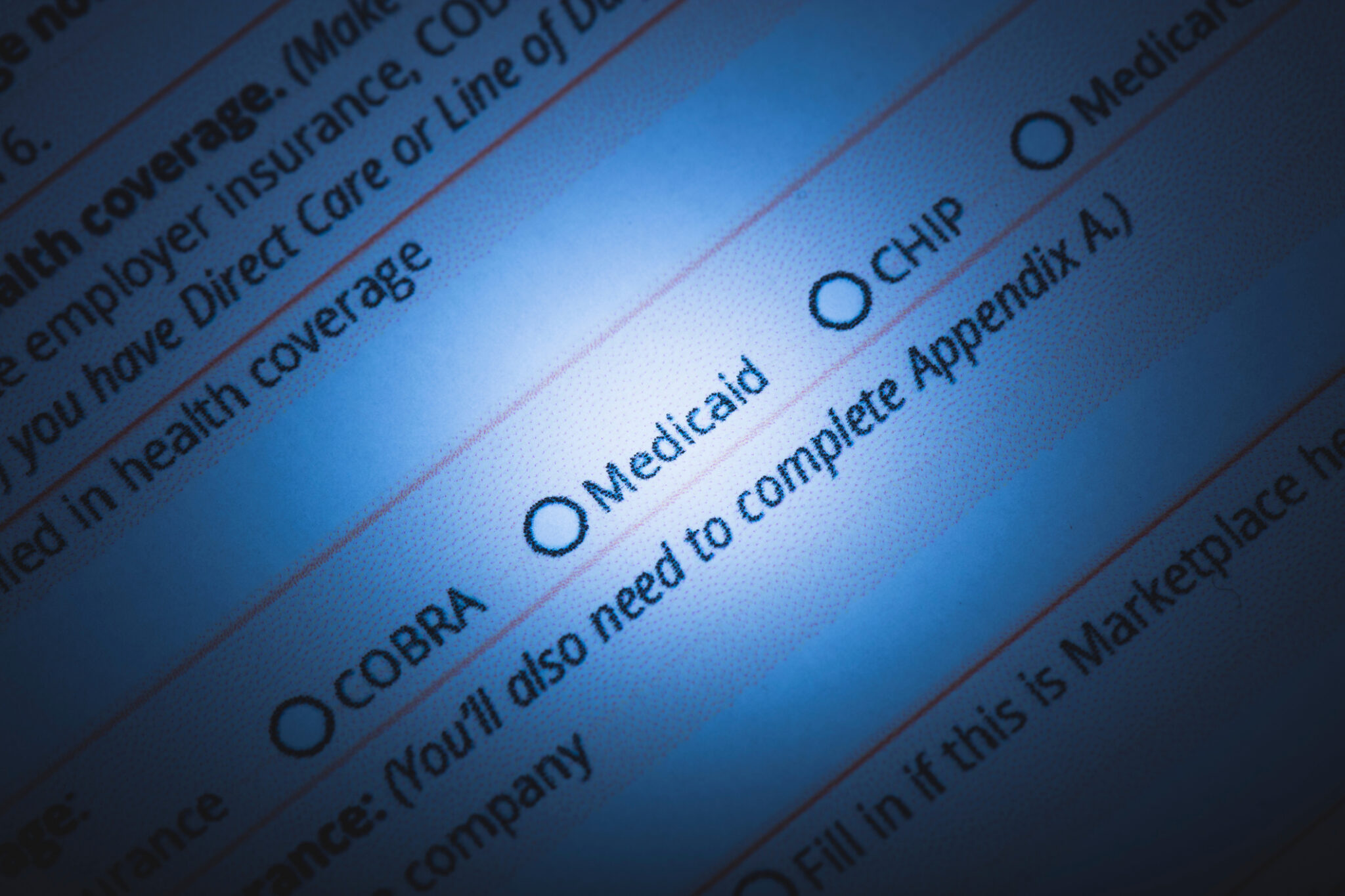
Makenzie Huber/South Dakota Searchlight
If Republicans in the U.S. Senate pass the “One Big Beautiful Bill Act” as written, 13,000 South Dakotans would lose Medicaid and the state would lose $931 million in federal funding for the program by 2034, according to a new analysis.
Medicaid is a federal-state health insurance program for low-income people. The budget reconciliation bill, which passed the U.S. House, aims to reduce federal Medicaid spending through various policy changes by about $793 billion. The biggest changes include setting a work requirement for some enrollees and mandating more frequent eligibility checks. The work requirement would take effect in January 2027.

Republicans, including South Dakota’s delegates, say the policies would reduce waste, fraud and abuse in the program. Democrats say they would increase barriers, resulting in eligible people losing health insurance.
South Dakota Medicaid enrollments would decline by about 10%, or around 13,000 people, by 2034, according to an updated analysis from health policy organization KFF. The projections use Congressional Budget Office estimates to unpack the potential state-by-state impacts. Nationwide, 10.3 million fewer people would be enrolled in Medicaid by 2034, according to the CBO.
Combined with the expected expiration of the Obama-era Affordable Care Act’s enhanced premium tax credits at the end of this year, the projected number of uninsured South Dakotans rises to about 20,000.

Medicaid cuts would “force states to make tough choices,” KFF reported: “maintain current spending on Medicaid by raising taxes or reducing spending on other programs; or cut Medicaid spending by covering fewer people, offering fewer benefits, or paying providers less.”
The majority of the cuts, according to KFF, would come from three sources:
- Work requirements mandating that adults who are eligible for Medicaid expansion must meet work and reporting requirements (estimated to save $344 billion as people become ineligible).
- Repealing a Biden administration rule simplifying eligibility and renewal processes (estimated to save $167 billion).
- Setting a moratorium on new or increased provider taxes (estimated to save $89 billion).
The cost estimates can be uncertain because states might choose to implement a work requirement with easier or harder reporting requirements than other states. South Dakota is exploring implementing its own work requirements, which are more relaxed than the federal proposal.
